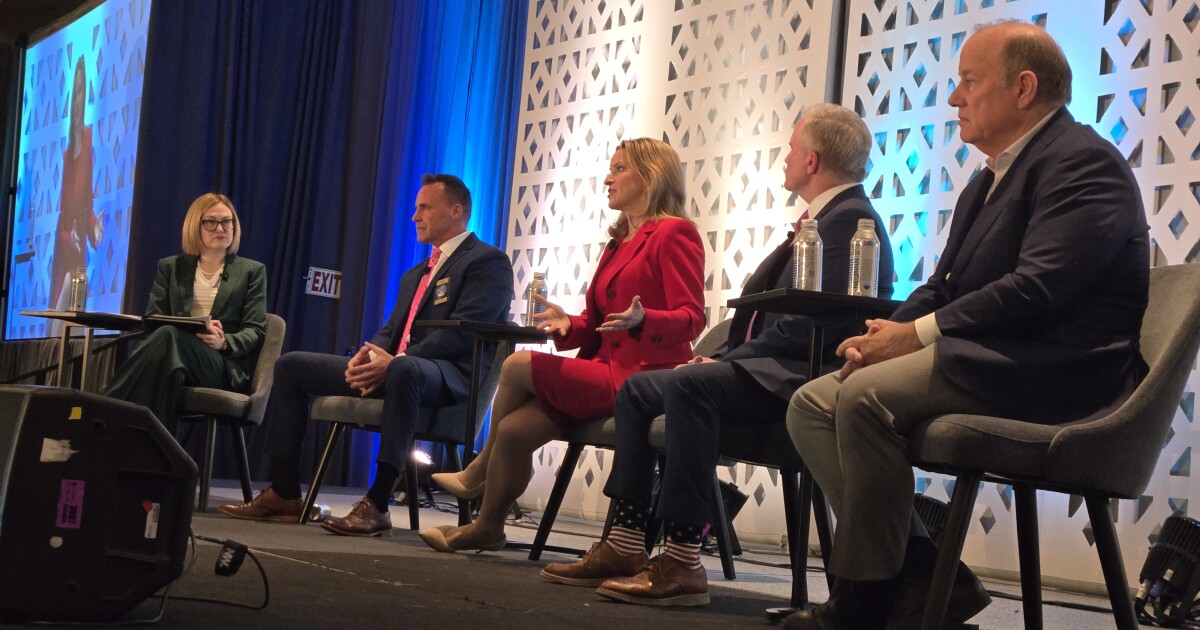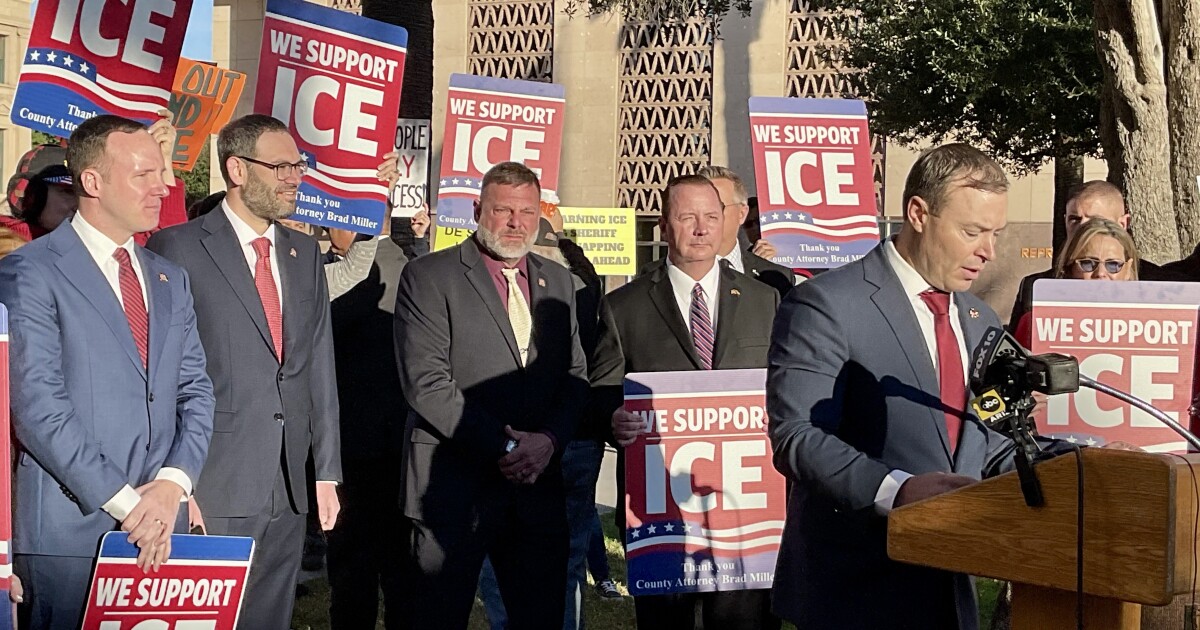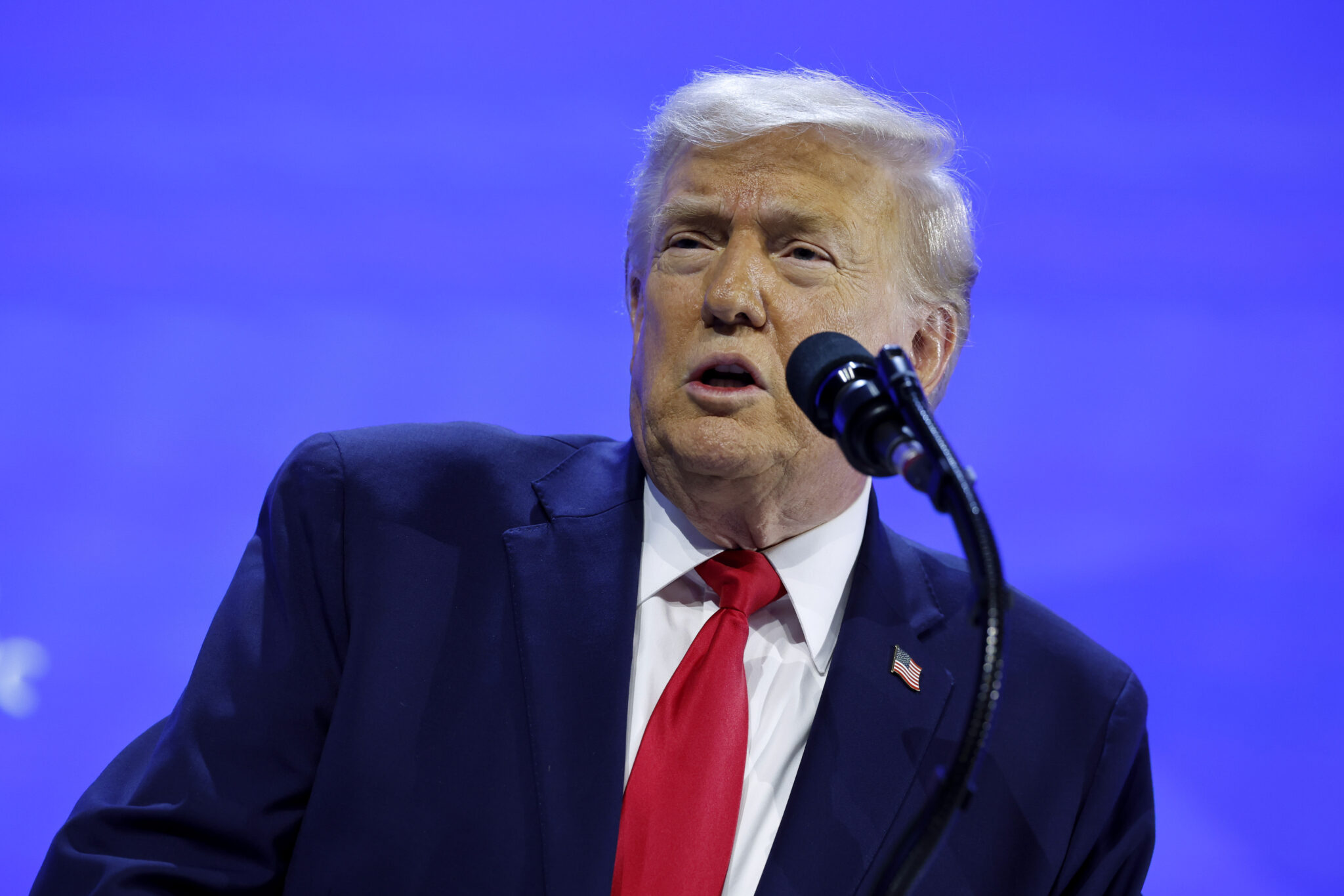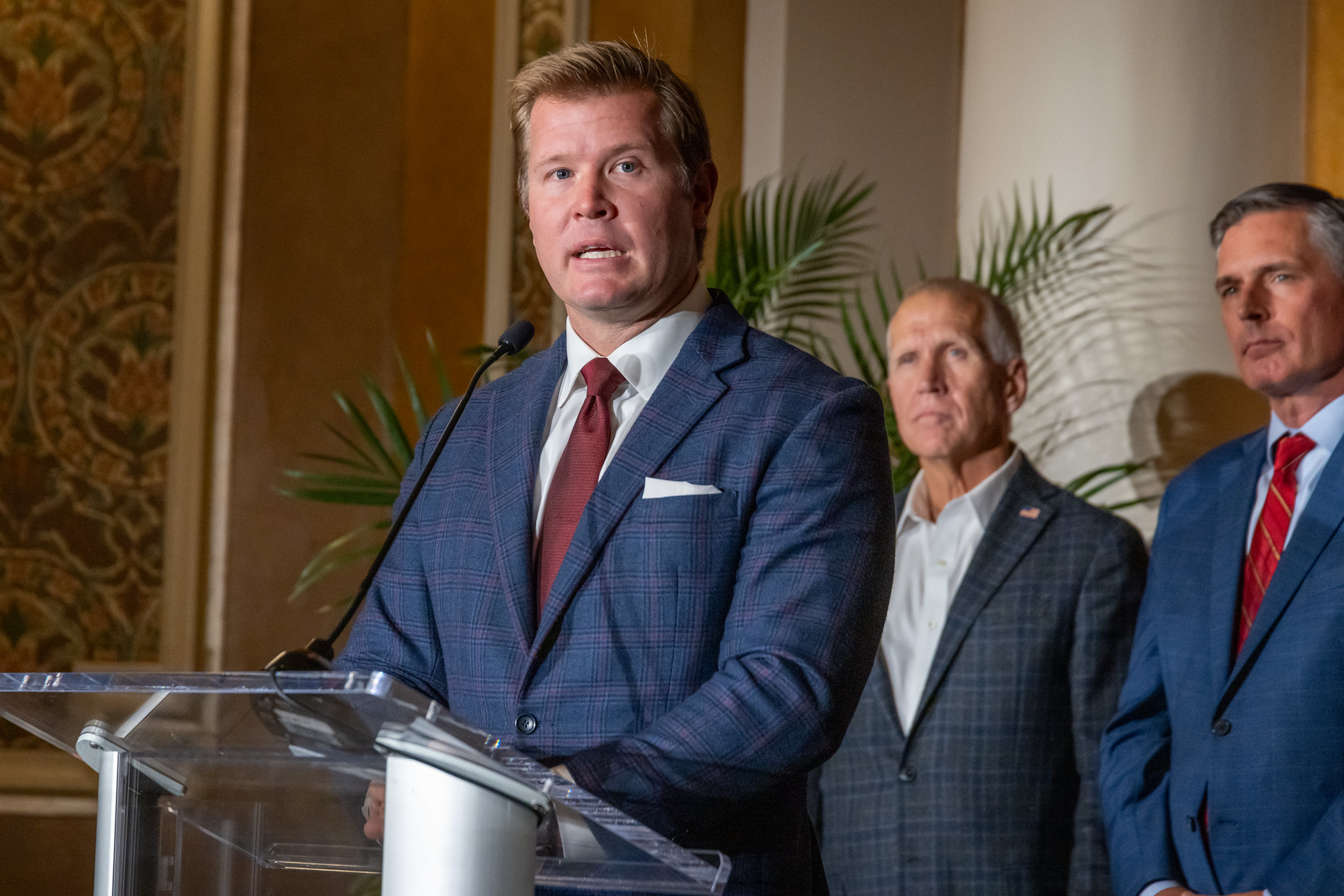Michigan Challenges NIH Over Revised Grant Policy
The state of Michigan has initiated legal action against the National Institutes of Health (NIH) following the implementation of a new grant policy that slashes reimbursement rates for indirect research costs. Effective this week, the policy caps these reimbursements at 15%, a significant decrease from previously negotiated rates with various research institutions.
Indirect costs, covering essential expenditures such as facility maintenance and administrative support, are typically negotiated at higher rates. Michigan Attorney General Dana Nessel highlighted the potential negative impact on major research universities in the state, including the University of Michigan, Michigan State University, and Wayne State University.
Nessel warned, “They will cut thousands of jobs here in Michigan. They’ll disrupt tens of thousands of research projects here, many of which are already currently underway, and focus on improving health outcomes and, of course, preventing deaths, unnecessary deaths.” Nessel’s comments were made during a virtual press conference announcing the lawsuit aimed at halting the policy’s implementation.
By the end of the day, a judge had responded by issuing a temporary restraining order, putting a pause on the NIH’s changes. This legal action allows institutions in the suing states to maintain their current funding arrangements, at least temporarily.
The University of Michigan, for instance, has negotiated a 56% rate for indirect costs, a figure significantly higher than the new NIH cap. Arthur Lupia, interim vice president for research and innovation at the university, stated, “The University of Michigan conducted approximately $801 million in research funded by the National Institutes of Health in 2024. The university’s agreement with NIH sets the university’s indirect cost rate at 56% to cover critical aspects of research, including highly-trained personnel who assure the safety of patients and sophisticated laboratory equipment that fuels research in the treatment of diseases like cancer, Alzheimer’s and Parkinson’s.”
Lupia further expressed concern that reducing this rate to 15% would result in a loss of around $181 million in funding, “leaving gaping holes in budgets” and hindering the university’s ability to achieve significant medical and technological advancements.
The Trump Administration, however, stands behind the NIH’s policy adjustment. In defense, a White House communication highlighted that many private foundations offer lower reimbursement rates for indirect costs compared to the NIH’s previous standards. The administration argues that maximizing funds for direct research is crucial, with the policy aiming to ensure that most resources support scientific endeavors rather than administrative costs.
The legality of the NIH’s decision to alter the reimbursement rate without Congressional approval is also under scrutiny. The attorneys general involved in the lawsuit argue that such changes breach Congressional mandates and existing regulations, which require that any significant policy adjustments undergo a formal notice and comment rulemaking process.
Meanwhile, a separate legal victory was granted to states, including Michigan, challenging other federal funding measures imposed by the Trump Administration. The U.S. District Court for the District of Rhode Island issued a temporary restraining order against certain funding freezes linked to executive orders. The implications of this ruling on the NIH-related lawsuit remain unclear as of Monday.
“`
—
Read More Michigan News










